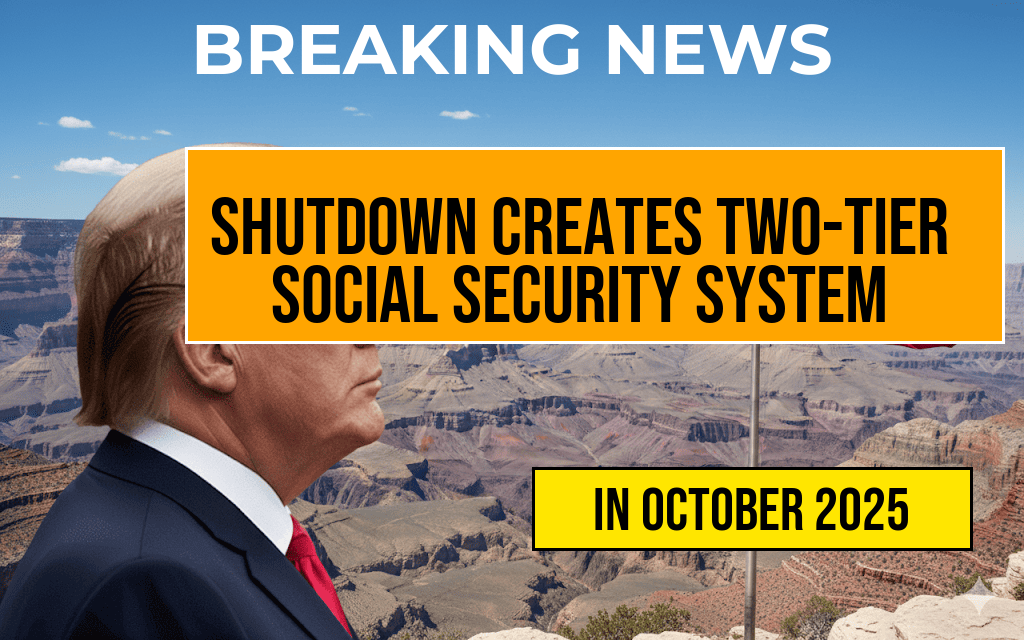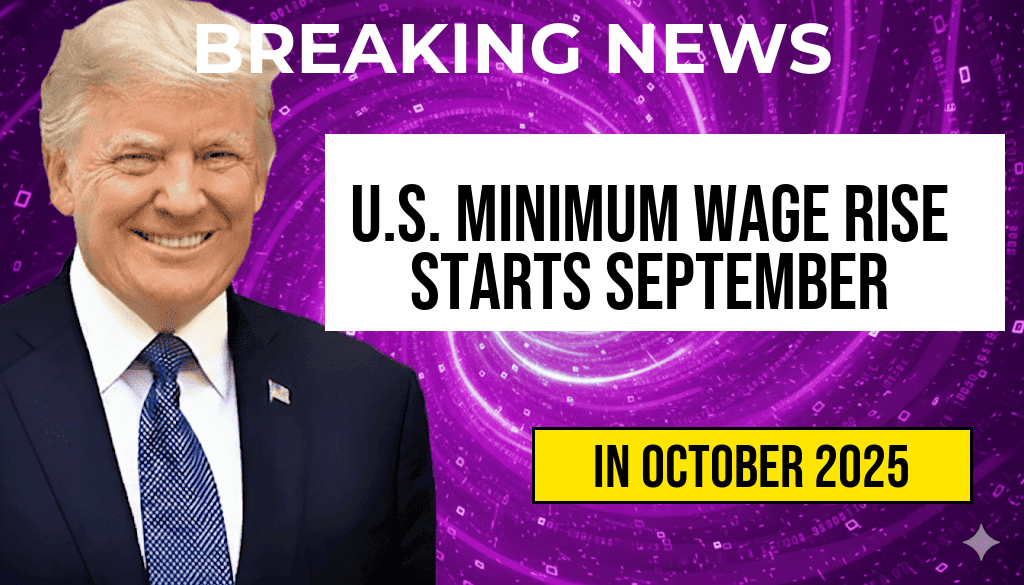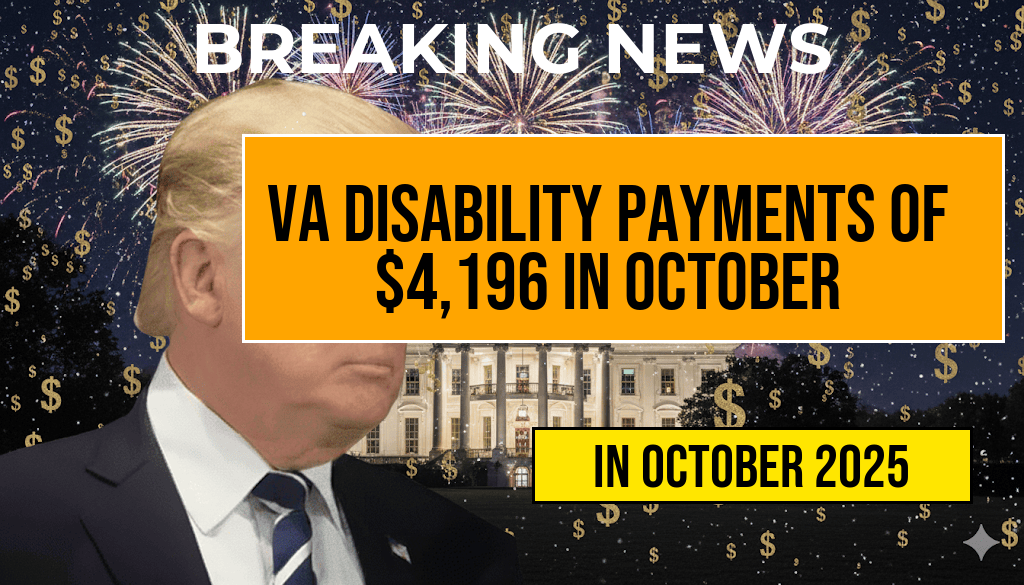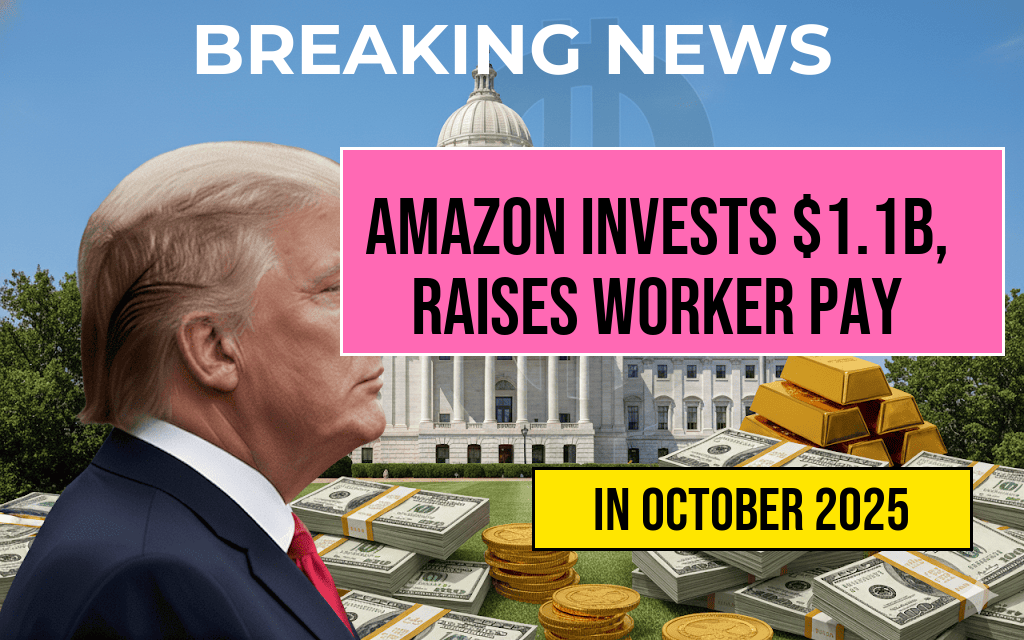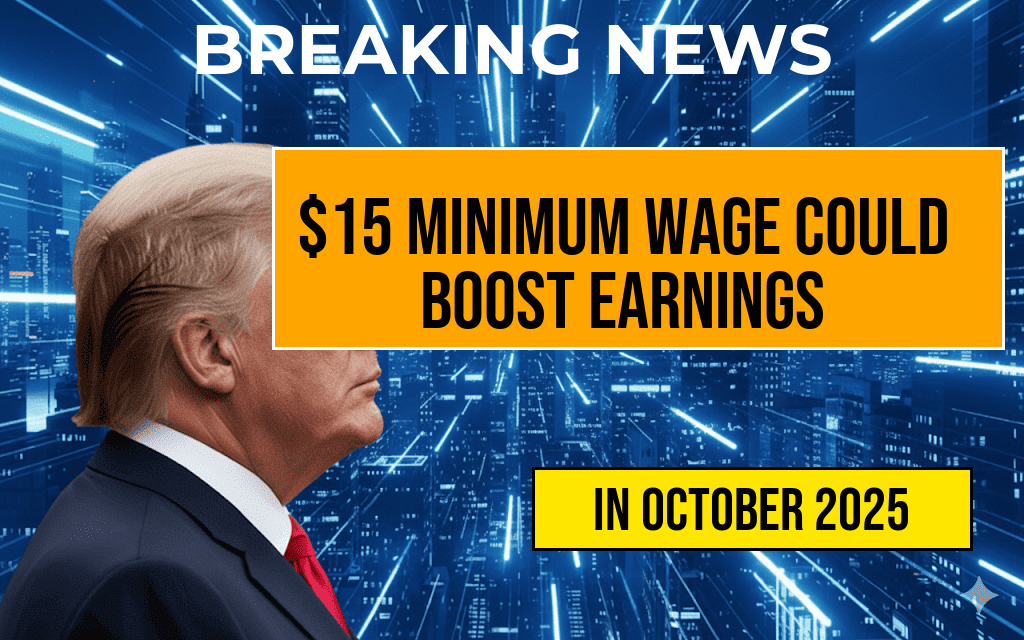The ongoing government shutdown has introduced a stark divide in the way Social Security benefits are being managed, creating a two-tier system that favors current recipients while effectively freezing new applications. As federal agencies halt many operations due to the funding lapse, millions of Americans relying on Social Security are experiencing unprecedented uncertainty. While those already receiving benefits continue to see their payments without interruption, prospective beneficiaries face a complete halt in processing new claims, raising concerns about the long-term stability of the program and the financial security of future retirees.
Current Social Security Benefits Remain Uninterrupted, but New Applications Stall
Amid the government shutdown, social security payments for existing beneficiaries are generally being disbursed as scheduled. This continuity stems from the fact that Social Security Administration (SSA) funding is considered mandatory spending, which in many cases is protected from short-term fiscal lapses. However, the SSA has limited capacity to process new applications or handle certain administrative tasks, leading to a bottleneck for those seeking to start receiving benefits for the first time.
Officials have clarified that while the agency will continue to deliver payments to current recipients, no new claims are being processed. This includes applications for retirement, disability, survivors, and supplemental security income (SSI). Prospective applicants face delays of indefinite length, with some reports indicating wait times stretching into several months once the shutdown concludes or funding resumes.
Impacts on Future Beneficiaries and Program Administration
The shutdown exposes vulnerabilities within the Social Security system, highlighting its dependence on federal funding for administrative functions. The freeze affects not only new applicants but also the processing of appeals, inquiries, and account management services. According to SSA officials, this interruption could have ripple effects, potentially leading to increased backlogs once normal operations resume.
For individuals nearing retirement age or those with urgent disability claims, the inability to process new applications complicates financial planning and access to essential benefits. The Social Security program has historically been a cornerstone of American social safety nets, and disruptions threaten to undermine public confidence in its reliability.
Government Justifies the Partial Shutdown Approach
Officials from the Department of Health and Human Services and the SSA have stated that protecting benefits for current recipients is a priority, which is why payments continue despite the shutdown. A spokesperson from the SSA emphasized that “our primary goal is to ensure that those already receiving benefits are not affected,” while acknowledging that the processing of new claims is halted until appropriations are restored.
This approach aligns with federal policies that designate Social Security as an entitlement program, which is less susceptible to immediate funding cuts. Nevertheless, experts warn that the inability to onboard new beneficiaries could lead to longer-term challenges, including increased workloads once the shutdown ends and potential delays in service recovery.
Financial and Political Repercussions
The shutdown’s impact on Social Security is emblematic of broader fiscal disagreements in Congress. Lawmakers are under pressure to resolve funding disputes swiftly to prevent further disruptions. The immediate effect is a two-tier system: current beneficiaries maintain their benefits, while new applicants face a de facto freeze. This divides future retirees and disabled individuals into unequal categories, raising questions about the program’s resilience amid ongoing political stalemates.
Economists warn that prolonged delays could discourage some individuals from applying for benefits or cause financial hardships for those relying on timely payments. The economic implications extend beyond individual cases, potentially affecting local economies where Social Security payments constitute a significant portion of income for retirees.
Looking Ahead: Restoring Normalcy and Ensuring Stability
As negotiations continue, advocates urge policymakers to prioritize the reopening of government functions critical to social safety programs. Experts recommend establishing contingency plans that safeguard the processing of new Social Security claims, especially given demographic shifts and increasing applicant numbers.
| Aspect | Current Status | Impacted Areas |
|---|---|---|
| Benefit Payments to Recipients | Continued | None |
| Processing New Claims | Frozen | Retirement, Disability, Survivors, SSI |
| Administrative Services (Inquiries, Appeals) | Limited | Delayed or halted |
The disruption underscores the importance of bipartisan efforts to safeguard essential social programs against future political impasses. As Congress debates funding measures, the resilience of Social Security remains at the forefront of public concern, emphasizing the need for structural safeguards that prevent such two-tier systems from developing during fiscal crises.
Frequently Asked Questions
What impact does the government shutdown have on current Social Security recipients?
Current Social Security recipients are protected during the government shutdown, ensuring they continue to receive their benefits without interruption.
Are new Social Security applicants affected by the shutdown?
Yes, new applicants face a complete freeze, meaning they cannot submit new applications or receive benefits until the shutdown is resolved.
Why is there a two-tier system for Social Security during the shutdown?
The two-tier system arises because funds for current beneficiaries are prioritized and protected, while applications and processing for new applicants are halted due to limited government operations.
Will Social Security payments for current recipients be delayed due to the shutdown?
No, Social Security payments for current recipients are generally not delayed during the shutdown, as these benefits are protected by law and are prioritized.
What long-term effects might the shutdown have on future Social Security claims?
The long-term effects of the shutdown could include delays in processing new claims, which may lead to increased wait times and potential challenges for future beneficiaries.

